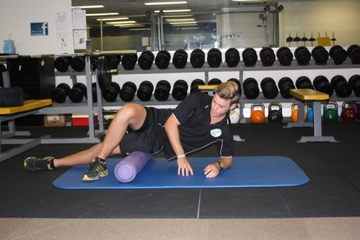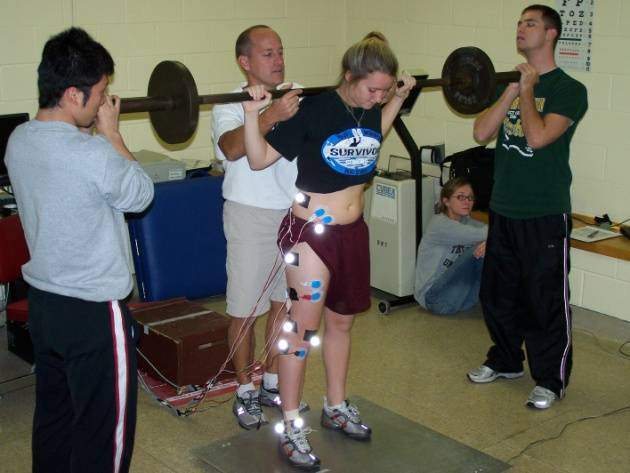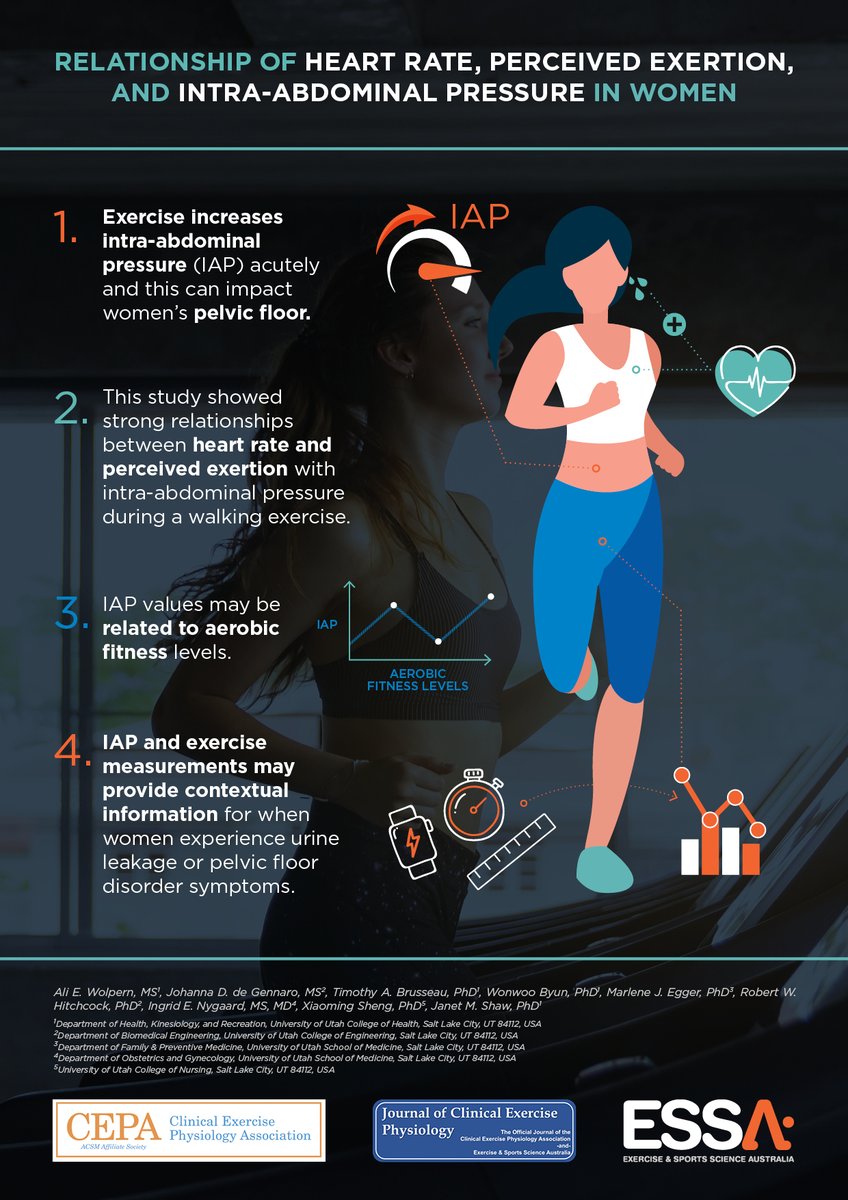More About Exercise Physiology Major - Saint Joseph's University

The smart Trick of What is the meaning of exercise physiology? That Nobody is Talking About

Workout could intensify ketoacidosis by increasing ketone synthesis in reaction to increased distributing NEFA's. Type II diabetes is also intricately connected to obesity, and there might be a connection between type II diabetes and how fat is kept within pancreatic, muscle, and liver cells. Likely due to this connection, weight-loss from both workout and diet tends to increase insulin sensitivity in the majority of individuals.
Although no one is technically treated of diabetes, individuals can live typical lives without the worry of diabetic issues; however, gain back of weight would assuredly lead to diabetes symptoms and signs. Vigorous physical activity (such as workout or tough labor) increases the body's demand for oxygen. The first-line physiologic reaction to this demand is an increase in heart rate, breathing rate, and depth of breathing.

What is an Exercise Physiologist? - HealthTimes
More put simply, oxygen intake is determined by the quantity of blood dispersed by the heart in addition to the working muscle's ability to take up the oxygen within that blood; however, this is a little an oversimplification. Although Keep Checking Back Here is believed to be the restricting factor of this relationship in healthy people, it is not the only factor of VO2 max.

Nutrition, Exercise Physiology & Sarcopenia Team (NEPS) - Jean Mayer USDA Human Nutrition Research Center on Aging
Rumored Buzz on Exercise physiology - UpToDate
Numerous pathologies and anomalies cause conditions such as diffusion limitation, ventilation/perfusion inequality, and lung shunts that can limit oxygenation of the blood and for that reason oxygen distribution. In addition, the oxygen carrying capacity of the blood is also a crucial factor of the equation. Oxygen bring capacity is frequently the target of exercise (ergogenic help) help used in endurance sports to increase the volume percentage of red blood cells (hematocrit), such as through blood doping or using erythropoietin (EPO).
Dehydration [modify] Dehydration refers both to hypohydration (dehydration caused prior to exercise) and to exercise-induced dehydration (dehydration that establishes throughout workout). The latter minimizes aerobic endurance efficiency and leads to increased body temperature, heart rate, viewed effort, and possibly increased dependence on carbohydrate as a fuel source. Although the unfavorable results of exercise-induced dehydration on exercise efficiency were clearly demonstrated in the 1940s, professional athletes continued to think for years thereafter that fluid intake was not useful.
